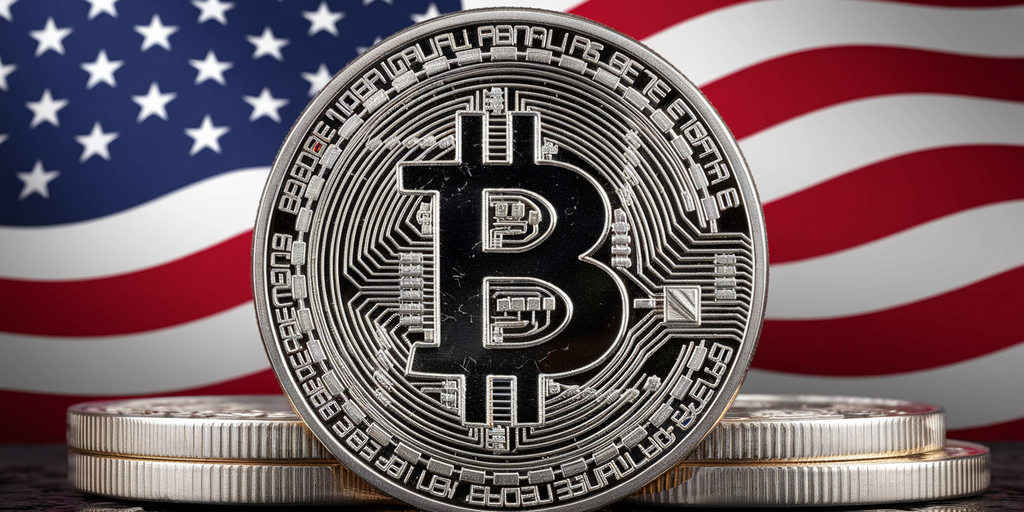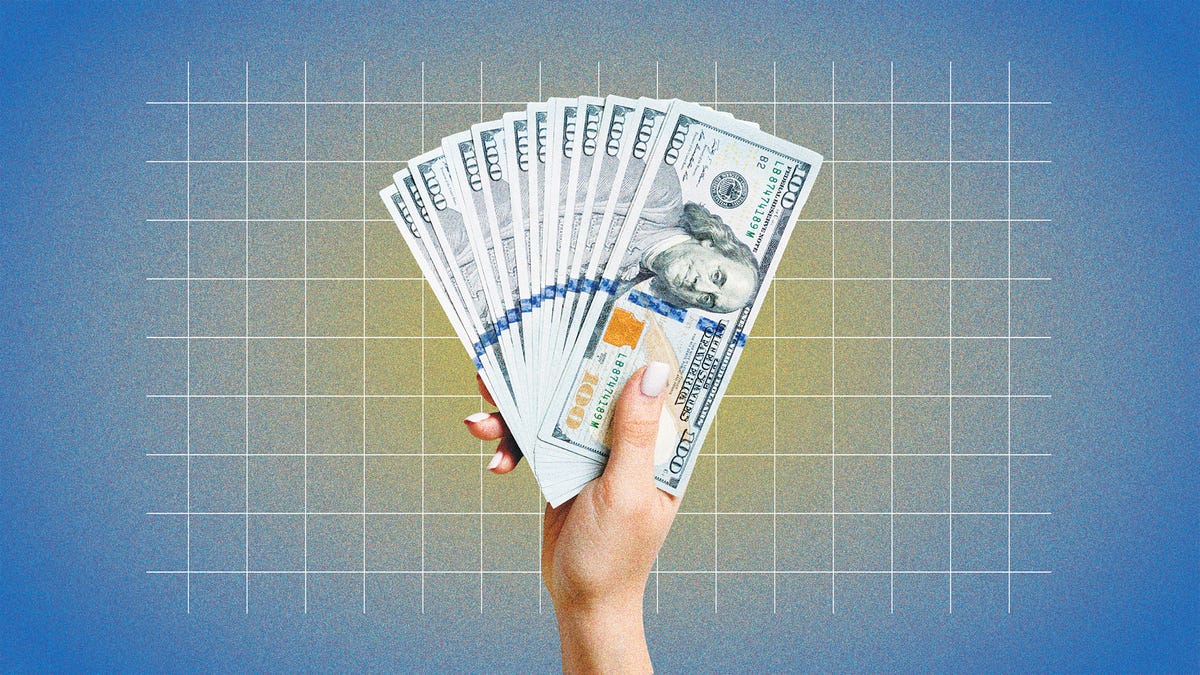Why You Can Trust CNET Money
The editorial content on this page is based solely on objective, independent assessments by our writers and is not influenced by advertising or partnerships. It has not been provided or commissioned by any third party. However, we may receive compensation when you click on links to products or services offered by our partners. Review CNET’s ethics statement.
Article updated on Oct 22, 2024


Written by
Edited by
Kelly is an editor for CNET Money focusing on banking. She has over 10 years of experience in personal finance and previously wrote for CBS MoneyWatch covering banking, investing, insurance and home equity products. She is passionate about arming consumers with the tools they need to take control of their financial lives. In her free time, she enjoys binging podcasts, scouring thrift stores for unique home décor and spoiling the heck out of her dogs.



PM Images/Getty Images
Key Takeaways
- Today’s top high-yield savings accounts offer APYs as high as 5.25%.
- APYs are falling, and experts expect they’ll continue to for the remainder of the year.
- The sooner you open a high-yield savings account, the higher your earning potential.
There’s still time to take advantage of a great annual percentage yield, or APY, on a savings account but the clock is ticking.
The best high-yield savings accounts currently earn up to 5.25% APY -- more than 10 times the national average. However, experts expect the Federal Reserve to cut rates at least once more before the close of the year, which means APYs are likely to keep falling.
So, whether you want to grow your emergency fund or start a sinking fund, this is the time to do it. Read on to see CNET’s picks for the best high-yield savings account rates.
Today’s best savings rates
Here are some of the top savings account APYs available right now:
Experts recommend comparing rates before opening a savings account to get the best APY possible. You can enter your information below to see CNET’s partners’ rates in your area.
Why now’s the time to open a high-yield savings account
High-yield savings account rates have been falling since the Fed cut interest rates by 50 basis points in September. For instance, LendingClub recently dropped its APY from 5.30% to 5.15% on Oct. 18, ending its streak as the top rate we track at CNET.
The Fed’s move to drop the federal funds rate marks the first time the central bank has done so since March 2020. The Fed’s decisions have a wide range of influence on the economy, affecting borrowing costs and how fast your money can grow. When the Fed cuts interest rates, banks tend to decrease their APYs on savings accounts, too.
“The Fed controls short-term interest rates, which directly influence the rates offered by banks on savings accounts,” said Justin Haywood, certified financial planner and president of Haywood Wealth Management.
Fortunately, a single interest rate cut won’t immediately affect your wallet. Depending on the bank, the changes can take several weeks or even months to take effect. You can still take advantage of APYs more than 10 times the national average with one of the top high-yield savings accounts.
Here’s where savings rates stood at the start of this week compared to the start of last week:
| Last week’s CNET average savings APY | This week’s CNET average savings APY | Weekly change | |
| 4.58% | 4.58% | No change |
*Weekly percentage increase/decrease from Oct. 14, 2024, to Oct. 21, 2024.
CNET Money brings financial insights, trends and news to your inbox every Wednesday.
By signing up, you will receive newsletters and promotional content and agree to our Terms of Use and acknowledge the data practices in our Privacy Policy. You may unsubscribe at any time.
Here’s all of the excitement headed to your inbox.
How to find the best savings account
It’s important to stash your extra cash in a savings account with a high APY, but don’t make that the only criteria on your search list. There are other factors you should consider when choosing the best savings account for your goals, including:
- Minimum deposit requirements: Some HYSAs require a minimum amount to open an account, typically, from $25 to $100. Others don’t require anything.
- ATM access: Not every bank offers cash deposits and withdrawals. If you need regular ATM access, check to see if your bank offers ATM fee reimbursements or a wide range of in-network ATMs, said Lanesha Mohip, founder of the Polished CFO and CNET expert review board member.
- Fees: Look out for fees for monthly maintenance, withdrawals and paper statements, said Mohip. The charges can eat into your balance.
- Accessibility: If you prefer in-person assistance, look for a bank with physical branches. If you’re comfortable managing your money digitally, consider an online bank.
- Withdrawal limits: Some banks charge an excess withdrawal fee if you make more than six monthly withdrawals. If you think you may need to make more, consider a bank without this limit.
- Federal deposit insurance: Make sure your bank or credit union is either insured with the FDIC or the NCUA. This way, your money is protected up to $250,000 per account holder, per category, if there’s a bank failure.
- Customer service: Choose a bank that’s responsive and makes it easy to get help with your account if you need it. Read online customer reviews and contact the bank’s customer service to get a feel for working with the bank.
Methodology
CNET reviewed savings accounts at more than 50 traditional and online banks, credit unions and financial institutions with nationwide services. Each account received a score between one (lowest) and five (highest). The savings accounts listed here are all insured up to $250,000 per person, per account category, per institution, by the FDIC or NCUA.
CNET evaluates the best savings accounts using a set of established criteria that compares annual percentage yields, monthly fees, minimum deposits or balances and access to physical branches. None of the banks on our list charge monthly maintenance fees. An account will rank higher for offering any of the following perks:
- Account bonuses
- Automated savings features
- Wealth management consulting/coaching services
- Cash deposits
- Extensive ATM networks and/or ATM rebates for out-of-network ATM use
A savings account may be rated lower if it doesn’t have an easy-to-navigate website or if it doesn’t offer helpful features like an ATM card. Accounts that impose restrictive residency requirements or fees for exceeding monthly transaction limits may also be rated lower.
Recommended Articles

Written by
Liliana Hall
Associate Writer
Liliana Hall is a writer for CNET Money covering banking, credit cards and mortgages. Previously, she wrote about personal credit for Bankrate and CreditCards.com. She is passionate about providing accessible content to enhance financial literacy. She graduated from the University of Texas at Austin with a bachelor's degree in journalism, and has worked in the newsrooms of KUT and the Austin Chronicle. When not working, she is probably paddle boarding, hopping on a flight or reading for her book club.





:quality(85):upscale()/2024/10/31/831/n/49351773/b7bf33836723d2f0643c55.51137847_.jpg)


:quality(85):upscale()/2022/01/10/780/n/1922507/0152c91d61dc7053492389.07772633_.png)
 English (US) ·
English (US) ·